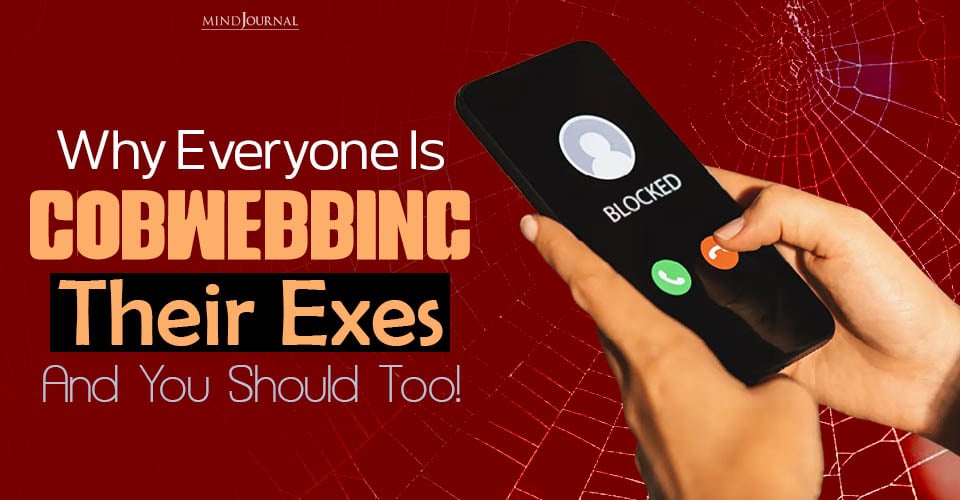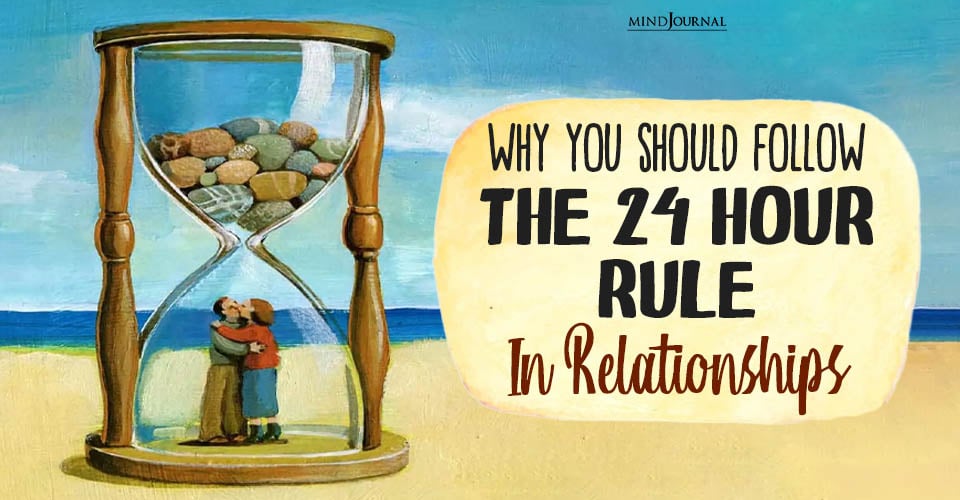So you’ve probably heard about the whole playing hard to get thing when it comes to dating, right? But does playing hard to get work? What is the problem with playing hard to get? Let’s dive into why this tactic isn’t as foolproof as it might appear.
Key Points
- The point of playing hard to get is that if we force our partner to make an effort over time, it will make them want us more.
- The main problem of playing hard to get is its deceptive and manipulative nature, which prevents us from being who we really are.
- The “in-due-course” approach is more optimal because it is sincere: It invests more time so that romantic profundity can be developed.
“Easy things are tempting, but only if they are forbidden to others.” — Ovid
“’Hard to get’ tactics are like candy — it’s best at the beginning but then it gets boring and nobody wants it.” — Erika Ettin
Playing hard to get, in which we pretend that we are less interested in someone than we really are, is a common dating tactic. But does it really work?
Here are several statements, picked at random, from women and men on playing hard to get.
Related: Men Don’t Like To Chase Too Much
Women
- “Men like to hunt. The moment hunting becomes easy, they lose interest. We should play it hard, only hard.”
- “There are all sorts of stories. I heard about a woman who said: ‘I know this man is going to be my husband,’ and so she had sex with him on the first date and in the end, married him.”
- “We should go slowly; slowly is always deeper and worthier for both partners.”
- “The best way is to be yourself, but with some toughness.”
- “We don’t want to seem like we are SO available that we don’t have anything but time for you. We don’t want to be perceived as clingy. Obviously, there is a point where the game becomes stupid. There is a happy medium.”
Men
- “We’ve got enough hardship in our life, so women, please be kind to mankind and don’t play hard to get.”
- “If a girl plays hard to get, she isn’t worth the effort.”
- “You should take the middle position. Too hard, and I’ll quit; too easy, I’ll be disappointed.”
- “I don’t think canceling a date at the last minute is part of playing hard to get; that’s just rude.”
- “Some ladies who play hard to get will eventually pray hard to get a husband.”
The main criticism: A deceptive, manipulative game
Playing hard to get can create various problems, such as the necessity of deception and manipulation, a lack of reciprocity, playing superficial games in serious matters, attracting the wrong kind of people, and increasing insecurity and uncertainty in the relationship.
I focus here on the main difficulty: the deceptive and manipulative nature of playing hard to get, which prevents us from being what we really are.
Sincerity and openness are indeed essential in romantic relationships. Yet balance and moderation are valuable as well. Complete sincerity and openness are not always beneficial to us.
It makes sense, therefore, that at the beginning of the relationship, our behavior should be quite tactful in order to prevent hurting one another. For example, it is not recommended to describe your entire sexual history in detail, on the first date.
Although both playing hard to get and withholding information about one’s sexual history is a deliberate concealing of information, the two cases are different. When hiding our sexual history, withholding information is done in order to not hurt our date.
When we play hard to get, it does not involve a passive withholding of information, but an active ongoing deception intended to benefit us. In both cases, withholding information may make the other person uncertain about us, but when we play hard to get, the connotation is more negative.
Our partner may naturally interpret our ambivalent behavior towards them as a sign they are being rejected. Accordingly, playing hard to get is more likely to backfire on us.

The value of effort over time
“Men love the seemingly unattainable girl. The worst thing you can do is make it easy for them.” — Leandra De Andrade
The point of playing hard to get is obvious: if we force our partner to make an effort over time, it will make them want us more. Generally, the more effort we invest in something, the more significant it becomes, and our emotions toward the object become more intense.
As the saying goes: “the more you pay, the more it is worth.” But the opposite is also true: when the stakes are higher, we invest more effort. The saying “easy come, easy go” refers to situations in which something we have gained without much-invested effort is of lesser significance to us, and hence, we may lose it quite equably (Ben-Ze’ev, 2000).
Peter Jonason and Norman Li (2013) emphasize the importance (for women, more than men) of playing hard to get, in order to manipulate one’s perceived availability. As in other aspects of life, when a product is difficult to obtain, people perceive it to be more valuable than if it is readily available.
Similarly, Gurit Birnbaum and colleagues (2020) claim that people are more attracted to prospective romantic partners who are selectively hard to get (i.e., easy for them to attract but hard for others to attract) than to those who are uniformly easy or hard to get.
They found that perceptions of prospective partners as hard to get not only heightened their mate value and desirability but was also manifested in devoting more concrete efforts to further interaction.
I may add that in being polite, we refrain from revealing our authentic attitude in order not to hurt other people. However, as in the case of concealing our sexual history, it is done not to hurt other people, and not necessarily in order to benefit us.
Related: How To Get A Man To Chase You, Without Playing Games
The “in due course” approach
“I have never played hard to get. Sometimes I can be slow to warm up, but that isn’t an act. I do take some time to be comfortable with people. Playing hard to get implies that I am actually interested, but I pretend that I’m not. That is totally childish.” — A woman, on dating
Being selective is essential for our choice of a long-term partner. A valuable way of demanding our prospective partners to invest effort over time.
Is there a better approach than playing hard to get, that requires making an effort over time but avoids deceptive manipulation? I believe that such a way exists in the “due course” approach.
Both these approaches involve a cooling off in behavior. Yet playing hard to get is the only approach that requires deceptive manipulation.
In the in due course approach, both partners are aware of their genuine romantic attitudes, but decide to invest the required time in developing and enhancing their own feelings.
In both cases, love must be developed and “earned” over time, becoming more meaningful and profound by experiencing a torturous postponement of their authentic sexual desires.
The in-due-course approach is a more serious route. It does not necessarily cast doubt over the lover’s sincerity; rather, it involves investing more time so that romantic profundity can be developed.
The “in-due-course” method constitutes a kind of prolonged courtship. Indeed, marital happiness is positively associated with the length of the courtship period (Byrne & Murnen, 1988).
Concluding remarks
“A busy, vibrant, goal-oriented woman is so much more attractive than a woman who waits around for a man to validate her existence.” — Mandy Hale
Playing hard to get, in order to show that you are not desperate and clingy is indeed useful in many circumstances. However, it is done by deceitfully manipulating your perceived availability.
In contrast, in the more optimal “in due course” attitude, you show your value by genuinely indicating that you do not wish to rush and stumble on the bumpy romantic road. There is no one rigid prescription for an optimal point on the continuum between being easy and hard to get.
Related: Top 10 Things That Turn Men Off even when you are highly attractive
In most circumstances, this behavior consists of a sensitive balance between seemingly opposing factors. Achieving this balance is typically a matter of effort over time, and not merely lucky timing (Ben-Ze’ev, 2019).
References:
Ben-Ze’ev, A. (2019). The arc of love: How our romantic lives change over time. University of Chicago Press. Ben-Ze'ev, A. (2000). The subtlety of emotions. MIT Press. Birnbaum, G. E., Zholtack, K., & Reis, H. T. (2020). No pain, no gain: Perceived partner mate value mediates the desire-inducing effect of being hard to get during online and face-to-face encounters. Journal of Social and Personal Relationships, 37, 2510-2528. Byrne, D. & Murnen, S. K. (1988). Maintaining loving relationships. In R. J. Sternberg and M. L. Barnes (eds.). The psychology of love. Yale University Press, 293-310. Jonason, P. K., & Li, N. P. (2013). Playing hard–to–get: Manipulating one's perceived availability as a mate. European Journal of Personality, 27, 458-469.
Written By Aaron Ben-Zeév Originally Appeared On Psychology Today










Leave a Reply